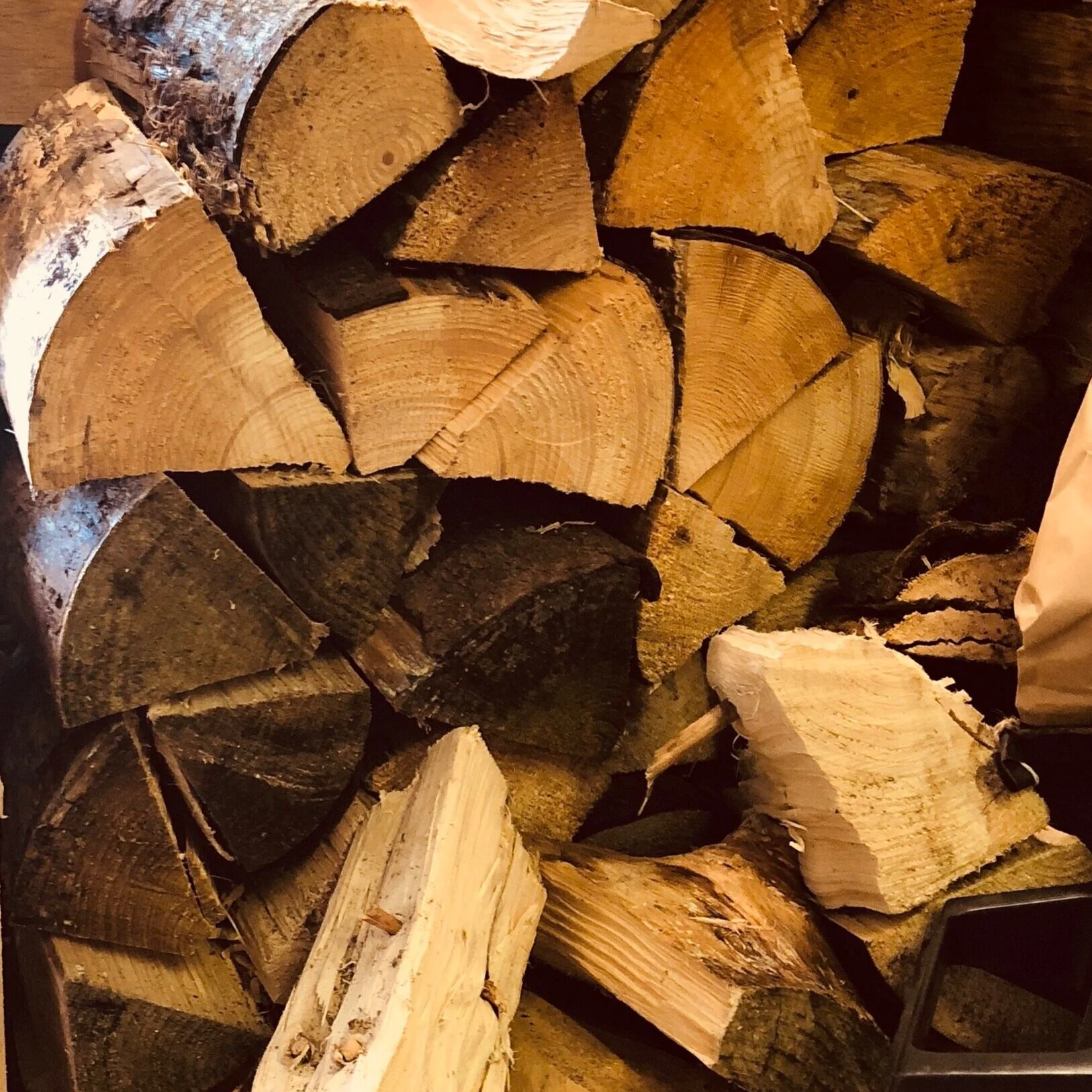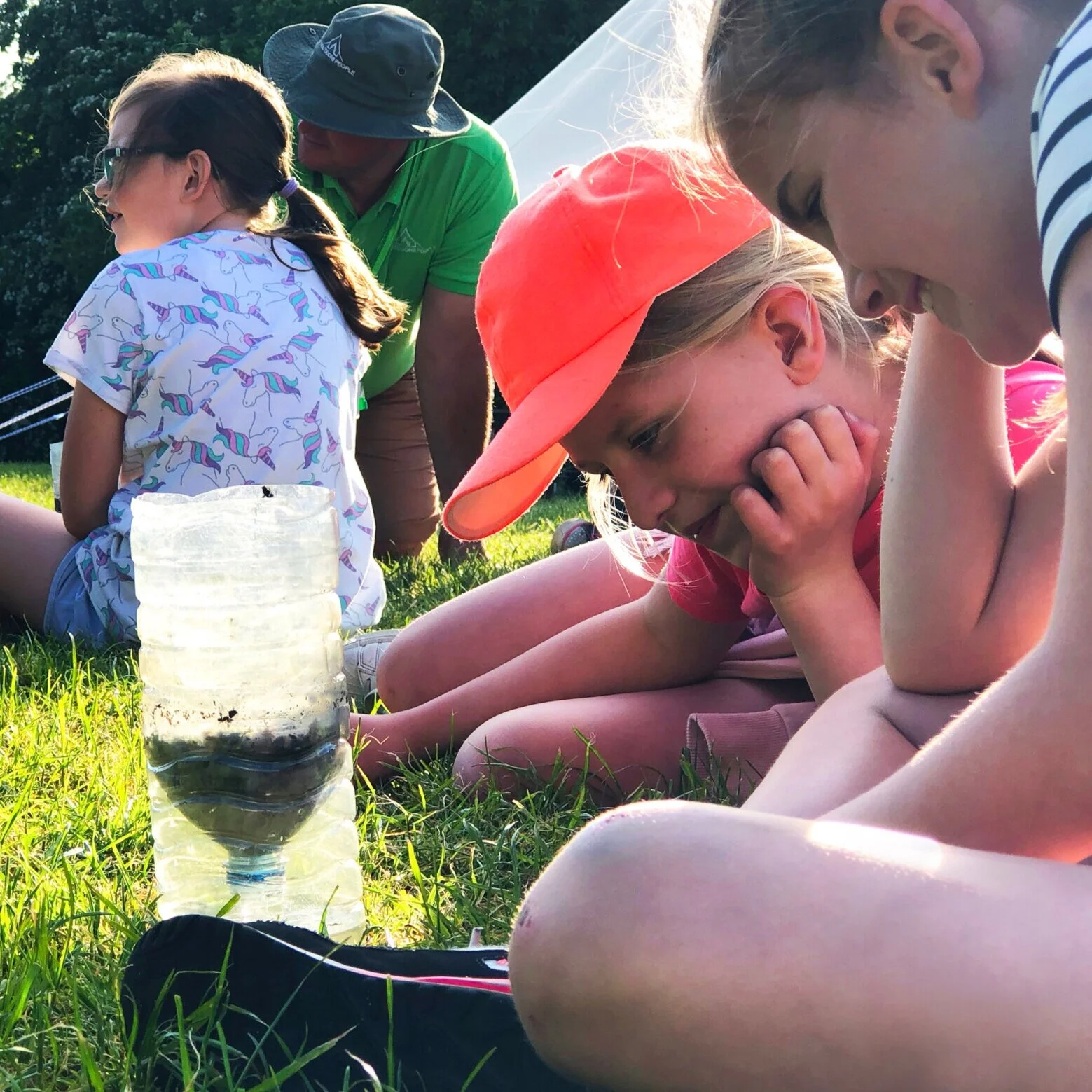Environmental Impact
PAGE UNDER CONSTRUCTION
While individual action is not unimportant, we believe that governments and companies of all sizes bear the greatest responsibility for reducing humanity’s impact on our world. It’s important to us that we try and do our part.
Environmental Education
The Outdoors People are in the privileged position of being able to help young people gain a love and understanding of the natural environment. We believe that saving our world begins with encouraging people to care about it, and we work hard to give children positive experiences in the outdoors. We do our very best to keep our negative effects as small as possible, but the positive impact of our camps and residentials on future generations has the potential to reach far beyond the present day.
What are we doing already?
Travel
The carbon footprint of bringing our amazing residential to your school is already much lower than transporting a full year-group to National Parks and other rural areas up and down the UK.
To reduce our impact further, we also heavily incentivise lift-sharing amongst our staff team and our commercial vehicles all meet modern emissions standards. Eventually, we will be able to move to using electric vehicles as their range continues to improve.
Single-Use Items
We have made a strong movement away from single-use items wherever possible, particularly plastics.
We do not use any disposable food and drink preparation items such as plastic plates or sandwich bags. All of our alternatives are chosen to last us for many years.
The cut-open plastic water bottles we use on some of our popular educational activities are all reused many times. Each one will be used by about 150 children before it starts to wear out.
Before every camp, our schools are sent a blank Camp Flag ready for the children to decorate. These are the only things we package ourselves and we use fully recycled paper mailing bags for these instead of plastics. Once we have used up our current stock, we will also move to address labels that are not plastic backed.
FireWood And Charcoal
Our firewood and charcoal are all sourced from a small, local supplier. Due to our unusual uses, a lot of the wood and charcoal we buy from them would normally be difficult to sell, allowing us to use up materials that might otherwise be wasted. Because we’re buying in bulk from a local supplier, all of our wood is delivered without packaging. Our charcoal is delivered in recycled paper packaging.
Suppliers
We use a very strange mix of specialist equipment and don’t always have a wide range of suppliers available to us. Where possible, we use local or British suppliers that prioritise low waste packaging and recycled materials. While we are happy to pay more for lower impact products, such options aren’t always available. As we grow, we hope to leverage our buying power to encourage better practices amongst our suppliers.
Where are we currently improving?
Bin Bags
We haven’t yet found a fully none-plastic, hygienic alternative to the humble bin bag that we can easily transport and use in the field. Instead, we have introduced a change to how we run our activities that has reduced our bin bag usage by nearly 60%.
We are also currently trialling d2w “biodegradable” plastic bags but research and scientific opinion on the benefits of these is very mixed.
Paper Towels
Where possible, we use cloths, towels and sponges for cleaning, that are both reusable and biodegradable. For cleaning sooty items that would make too much of a mess of something reusable, we are trialling sugarcane-based products as an alternative to traditional wood-pulp paper towels. We have been unable to find good research on the impact of these when compared to 100% recycled paper products, however.
We currently use disposable paper towels as part of the filters the children make on our popular Water Purification session. As well as also trialling sugarcane-based disposable towels for this, we are trialling washable bamboo towels that can be used by several groups before being disposed of. Depending on the outcomes, we may look at using fully reusable cloth for our filters.
Where could we still Do Better?
Carbon Footprint
While bringing an accredited camp to your school is much lower impact than taking a school to a camp, we still generate CO2 getting to you, running our offices, and maintaining our equipment and storage facilities.
We are currently looking at implementing a carbon offsetting scheme. While various companies offer options for this, we are excited by the idea of bringing native hardwood saplings to the amazing schools that we work with throughout the UK. This will further enrich the school environment and provide additional education opportunities after our camps.
As we continue to grow, we are moving more of our facilities to properties that we own, rather than operating from shared spaces. As we do so, we are looking forward to ensuring that our energy supplies are fully renewable wherever possible.
Eventually, we hope to have regional teams covering different areas of the UK, reducing our travel distances and carbon footprint still further.
Sand and Gravel
We use sand and gravel in the water filters that our students make. These materials are mixed with a lot of organic waste sediment in use and are wet and heavy by the end of a session, so we have yet to find a way to reuse them. One option is to offer to leave it with schools for reuse as drainage in bedding or plant pots, but only a small proportion of schools would be able to use it in this way. Our usage of these materials is extremely low compared to even a small construction firm, but this is an area we are actively working on.
Have you got more ideas on what we can do better?
We strongly believe that there is always room to improve on everything we do, no matter how good it is right now. Please let us know if you have any ideas for how we can get even better.






